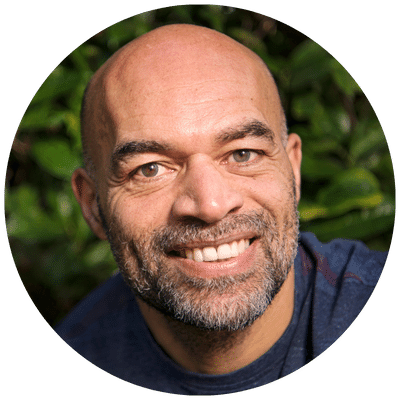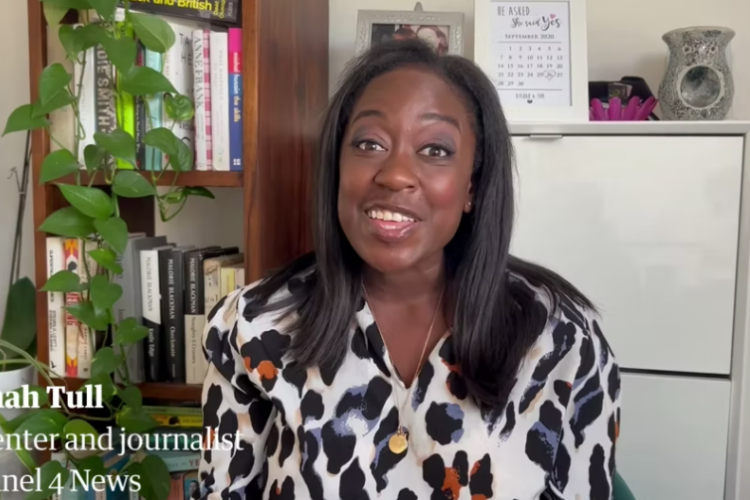Starting out in journalism? Guardian journalist Joseph Harker shares his top tips for improving your job applications and interviews.
Be specific - what have you done?
We look for evidence that you have a real interest in journalism. Work experience on local newspapers or on other established media is great to have, though we do recognise that these opportunities are severely limited and dependent on your ability to fund yourself for a couple of weeks. But you can still try to get stories commissioned as a freelancer. If you have gone through the process of creating an idea, pitching it and getting it published, this shows you have been proactive and can follow through on a task.
The art of pitching
Often people aren’t successful in pitching their story to a publication because they are pitching to the wrong place. If you are pitching to the Guardian, for example, be mindful that you are competing with a large number of people, and some of the best writers in the world. That’s not to say you shouldn’t pitch, but if you are starting out, you’d have a better chance pitching to smaller or less well-known publications to get the ball rolling.
All it takes is for one piece to be published and then you are starting to build a portfolio. To decide what to write about, think about your background, your own interests and then think about how you can use that to add depth to a story. Too often, people pitch something that everyone else is writing about, and they end up running against too much competition.
As you build up a body of work, whatever the publication, it starts to look more and more impressive and you start to be seen as an “experienced journalist”. From there it gets easier to write about broader subject matters, for a wider range of publications, and you’ll have more of a licence to explore a variety of topics. The better your portfolio, the more chance you have of securing a staff position.
Bring your fresh perspective
These days, if you include a published article in your job application, I am only partly interested in the quality of the writing: the piece could have been heavily edited by someone else. I’m much more interested in whether your article offers new insights. It’s about how you tackle a given subject and whether you are saying something different, thought-provoking – offering a perspective on any given subject that I’ve not seen before. Anyone can have a view about the cost of living crisis, or Ukraine, or the latest Westminster scandal – but does the angle you take show that you have a real insight? The depth of your thinking counts for more than your writing skills.
There are many stories that the media has collectively failed to anticipate, such as the Brexit referendum result or the election of Donald Trump. Many journalists were blindsided because they didn’t understand what significant groups of people were thinking. Journalists need to be connected to different communities and their differing priorities – that’s why a reporter coming from a background traditionally underrepresented in the media should potentially have an advantage.
The media has long been predominantly white, middle-class, male, and led by graduates of universities like Oxford and Cambridge. But things are beginning to change, and the value of employing people from different backgrounds is starting to be recognised. There are news organisations that are changing the way they recruit, so you should feel confident in showing how you stand out and can bring new and different perspectives.
However, you do not have to feel pigeon-holed. For example, some people of colour like to write about race and racism and some people don’t, and that’s absolutely fine. That’s just one aspect to your identity and there are so many parts to all our lives. There will always be enough alternative aspects to keep you busy – to be expert in, passionate about, and in a strong position to write about.



